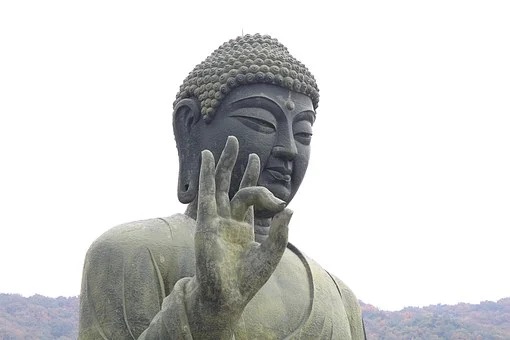The Buddha once said, “I do not argue with worldly people, yet they argue with me.” The first part of this sentence was spoken from the perspective of the relative truth. In this context, “worldly people” refers to the viewpoints formed on the basis of the five sense consciousnesses. From the standpoint of the relative truth, are the objects that worldly people see considered physical matter? Yes. And more than being physical, all the objects including mountains, rivers, land, etc. and our thoughts and feelings are also deemed to be existing. So do samsara and nirvana, good and evil. That is, everything that people can see, hear, smell, taste and touch exists. However, the sensations that people gain in this fashion only manifest a world of illusions, a world created by the five consciousnesses. Even if tentatively, the Buddha still affirmed the dream-like existence of this world. And whatever the five consciousnesses do not acknowledge, the Buddha considered them non- existent as well. Thus, the Buddha maintained his position of not arguing with worldly people. The view that he acquiesced to is the relative truth.
~Depicted from THE RIGHT VIEW - The Two Truths—the Key to Unlocking Madhyamaka
